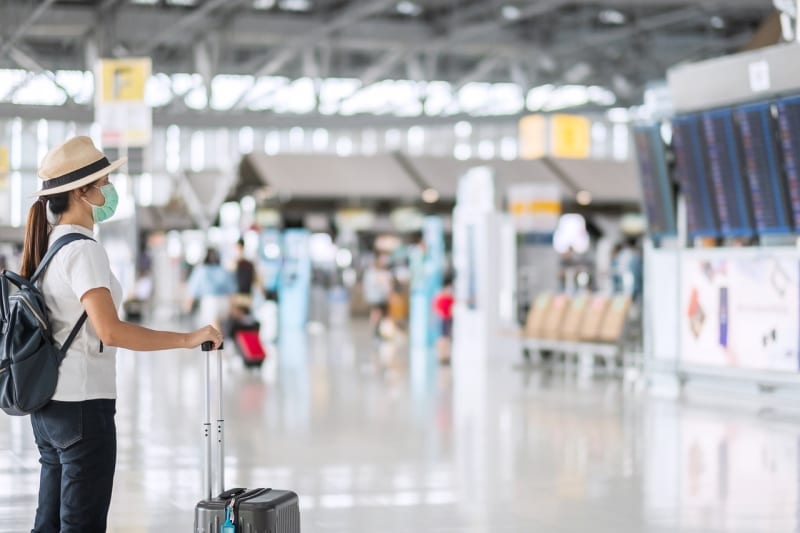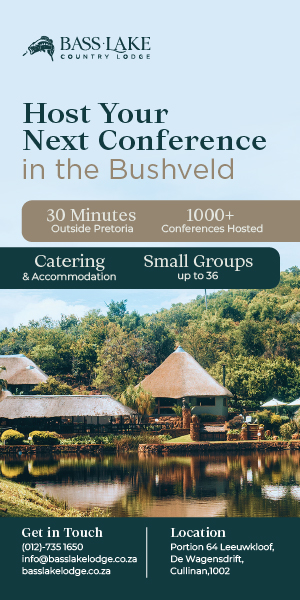Women make over 80% of all travel decisions and are the fastest growing segment of business travellers. For these reasons, Oz Desai, General Manager of Flight Centre Business Travel (FCBT), believes that travel management companies (TMCs) need to address women’s needs and deliver solutions for female business travellers in order to be successful. “The debate around whether female business travellers should be treated any differently to their male counterparts is well and truly over,” says Desai, “With a greater understanding that women travellers have different vulnerabilities, stresses and mental load. It should not be about treating women differently, rather treating female business travellers appropriately, and focusing on their safety, wellbeing and peace of mind.”
“It should not be about treating women differently, rather treating female business travellers appropriately, and focusing on their safety, wellbeing and peace of mind.”
Astrid Loury, International SOS Regional Security Information Analyst, adds, “The business case is that when companies have to send someone abroad, they send the relevant expert, regardless of gender. However, if that person is female, then it must be acknowledged that she might be more vulnerable than her male colleague. This recognition could save corporates the unforeseen cost of a wasted business trip – or worse.”
Here are five concerns that women in corporate travel have today, and how they can be addressed:
1. Safety
A 2018 online survey conducted by AIG Travel and Global Business Travel Association (GBTA) reveals that 71% of female business travellers believe they face greater safety risks than their male counterparts.
71% of female business travellers believe they face greater safety risks than their male counterparts.
A report by UK-based Maiden Voyage, a firm focussed on corporate travel safety, proves these fears are not unfounded, with almost a third (31.4%) of female business travellers having suffered sexual harassment while travelling. Sexual harassment is the most prevalent crime for this demographic, accounting for over half (51.2%) of all reported incidents. This is followed by handbag theft (23.02%), drink spiking (3.97%) and sexual assault (3.17%).
“The greatest responsibility of a travel agent is to bring their clients home safely. This means flagging areas of travel risk, understanding how to mitigate those risks and offering 24/7 support,” says Christie Odendaal, FCBT Head of Key Account Management, highlighting the central role that safety and duty of care should play for every TMC.
“The greatest responsibility of a travel agent is to bring their clients home safely.”
TMCs can do this in a few ways, by:
- Providing information specific to the country and area a business person is travelling to, to ensure any risks are clearly identified, as well as advice about which areas to avoid and what to do after business hours.
- Offering safe accommodation, based on location and features such as double-locking doors, well-lit corridors, safe parking options and in-house amenities (safe gyms, spas and shops).
- Being able to adapt travel plans, whether there is a flight cancellation, adverse weather or a terrorist attack to bring a traveller home.

2. Health
Business travel can be stressful – aside from the meeting itself, the traveller needs to contend with long-haul flights, possible jet lag and unfamiliar cities. COVID-19 has added another layer of stress, not only for a person’s personal safety, but also that of their loved ones when they return home.
COVID-19 has added another layer of stress, not only for a person’s personal safety, but also that of their loved ones when they return home.
TMCs can help mitigate these stressors by ensuring a traveller has up-to-date information on:
- Different airline regulations
- Travel documents required
- New travel policies (for example, health passports or compulsory vaccinations)
- Flexible cancellation policies (in case of illness)• Recommended health and safety measures (for each step of the journey)
- A destination’s protocols and restrictions (for example, mask wearing or compulsory quarantine for inbound travellers)
3. Time
A 2017 paper published in the Proceedings of the National Academy of Sciences Journal states that the majority of “working adults experience greater happiness after spending money on a time-saving purchase than on a material purchase.” Time is one of the most precious commodities in our modern culture.
TMCs can add value by offering customised travel experiences that save time. They can do this by:
- Making all travel arrangements, including shuttles and activities.
- Booking the best connections and making any last-minute changes or cancellations without penalty.
- Vetting all suppliers, from accommodation to transport.
- Managing your travel awards programme.
- Putting convenient cost/expense management tools in place to relieve post-travel admin, so reimbursements can be made easily.
- Analysing your travel management programme to identify any areas of friction.

4. Connectivity
Connectivity is one of the biggest pain points for businesses travellers – men and women. It affects productivity and time management, and can contribute to greater stress.
TMCs are well-positioned to ensure only accommodation with Wi-Fi is booked, and will be able to offer advice around roaming charges, all-inclusive packages, access to airport lounges (with connectivity) and more.
5. Balance
Work-life balance is hard to achieve, and TMCs should do their best to support it by implementing new travel policies or improving existing ones. For example, they can ask travellers for their travel preferences, as well as favoured accommodation and airlines, and building in the option of bleisure travel.




